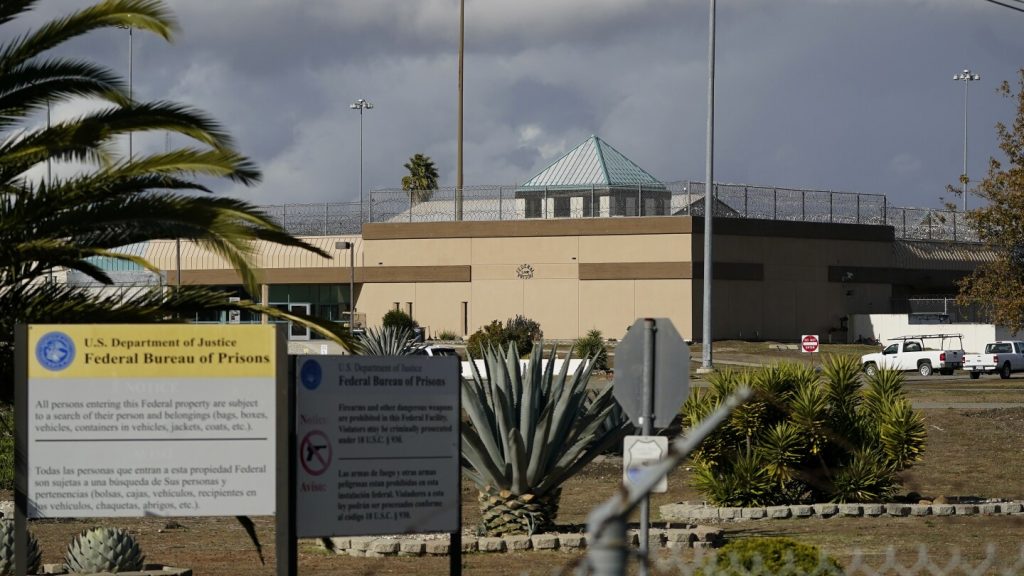The federal government has filed a civil rights complaint against the California Department of Corrections and Rehabilitation, seeking to halt the enforcement of a rule requiring prison guards to be clean-shaven. The complaint argues that this rule discriminates against Sikhs, Muslims, and other individuals who wear beards as a religious expression. The Justice Department is requesting a temporary court order to allow these officers to wear beards while the department assesses options for providing religious accommodations while still complying with safety regulations.
The no-beard rule in the corrections department is said to be based on the necessity for certain employees, including guards, to wear tight-fitting respirators. State law mandates that facial hair must not interfere with the use of such masks, particularly during the coronavirus pandemic. The agency defended its policy, stating that it respects all sincerely held religious beliefs and strives to reasonably accommodate individuals seeking religious accommodations. The use of tight-fitting respirator masks is legally required for specific functions in state prison operations to ensure the safety and protection of the incarcerated population and staff.
The Justice Department’s complaint, filed in U.S. District Court in Sacramento, not only seeks to stop the enforcement of the no-beard rule but also requests a court order to prevent retaliation or discipline against officers requesting to grow or maintain beards. Assistant Attorney General Kristen Clarke emphasized the importance of respecting the religious freedom and accommodation rights of employees from minority faiths. The goal is to ensure that individuals do not have to choose between practicing their faith and their jobs, as religious freedom is considered a fundamental principle of democracy.
The case highlights the ongoing debate between religious accommodation and workplace safety regulations. While the corrections department argues that the no-beard policy is essential for compliance with safety laws, the Justice Department asserts that accommodations should be made to respect the religious beliefs of employees. It remains to be seen how the court will rule on this matter and whether a balance can be struck between religious freedoms and safety requirements in the workplace.
The outcome of this legal dispute could have broader implications for workplaces across the country, as it raises questions about how to navigate conflicts between religious practices and safety regulations. The federal government’s intervention in this case underscores the importance of upholding religious freedom and accommodation rights in the workplace. As the case progresses, it will be important to monitor how the courts address these issues and what implications it may have for future workplace policies and practices.
In conclusion, the civil rights complaint filed by the Justice Department against the California Department of Corrections and Rehabilitation sheds light on the complex issues surrounding religious accommodation and workplace safety. The case serves as a reminder of the importance of balancing the rights of employees to practice their faith with the need to comply with safety regulations. As the legal proceedings unfold, it will be crucial to consider the implications of the court’s decision on future workplace policies and how to best accommodate employees of minority faiths while maintaining safety standards.


